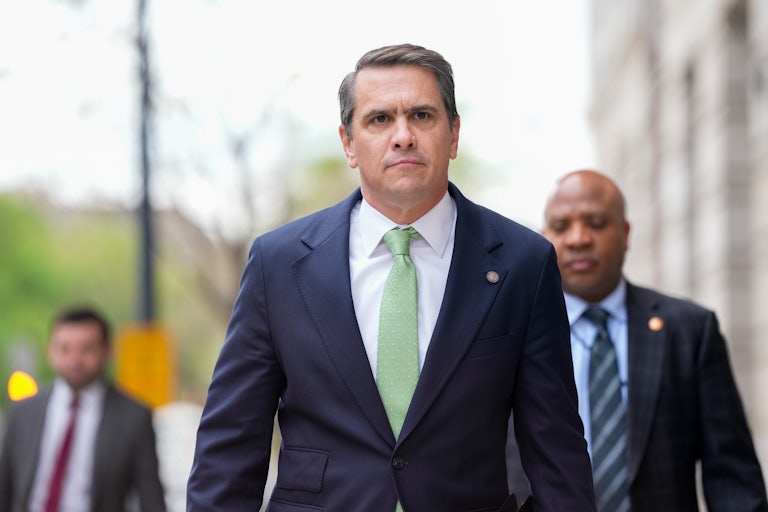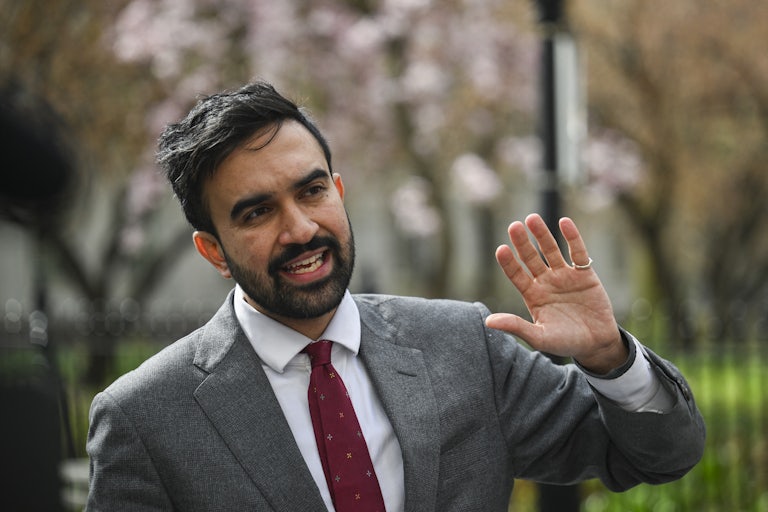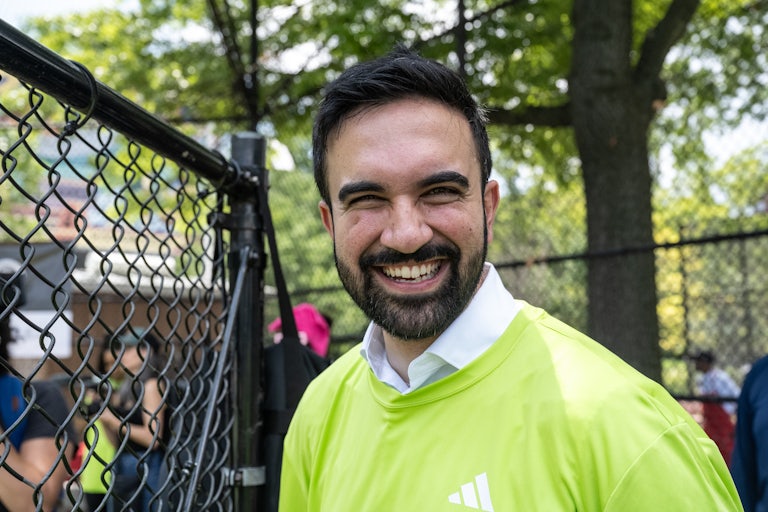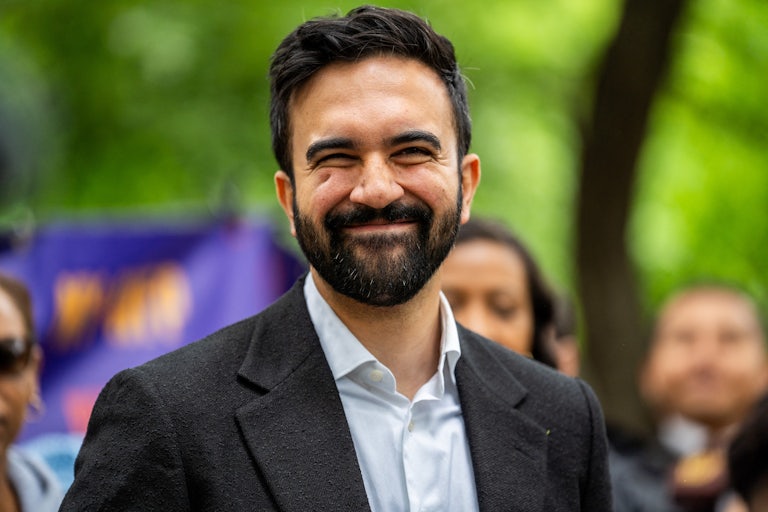Supreme Court Makes It Harder for Immigrants to Challenge Deportations
The ruling could make it easier for Donald Trump to deport more people.
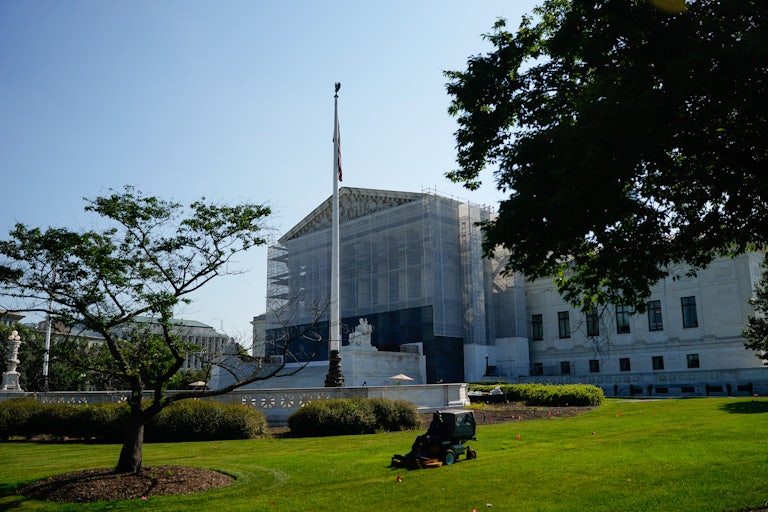
The Supreme Court just defined the tight window under which noncitizens can challenge their deportation for fear of torture.
The case of Riley v. Bondi began long before Donald Trump’s immigration crackdown. In January 2021, an immigration judge blocked the final administrative review order, or FARO, to remove Pierre Riley, a Jamaican immigrant who overstayed a tourist visa, on the grounds that he feared gang violence in Jamaica.
That judge then sent Riley to what’s known as a “withholding-only” proceeding, where the only issue is whether a noncitizen can be removed from the United States. At this proceeding, Riley’s removal was deferred under the U.N. Convention Against Torture, or CAT, which prevents immigrants from being removed to countries where they may be subjected to physical harm or imprisonment.
The DHS then appealed to the Board of Immigration Appeals, or BIA, which decided he could be removed and to enforce the FARO for his removal. Three days later, Riley filed a petition to appeal the FARO with the Fourth Circuit Court of Appeals, but the court found that he had failed to do so within the 30-day deadline after the FARO was first issued, dismissing his petition and claiming that the deadline was “jurisdictional,” meaning that it must be strictly enforced.
The Supreme Court was charged with determining whether Riley’s challenge came too late, and whether the deadline was “jurisdictional.”
In a 5–4 decision Thursday, the high court found that Riley had in fact missed his window to challenge his removal. In his majority opinion, Justice Samuel Alito held “that a BIA order in a withholding-only proceeding is not a ‘final order of removal,’ and therefore the 30-day filing deadline cannot be satisfied by filing a petition for review within 30 days of the BIA’s withholding-only order.”
The “FARO is the final order of removal in this case, and withholding-only proceedings do not disturb the finality of an otherwise final order of removal,” Alito wrote. He was joined in full by Chief Justice John Roberts and Justices Clarence Thomas, Amy Coney Barrett, and Brett Kavanaugh.
In a dissenting opinion, Justice Sonia Sotomayor, who was joined by fellow liberal Justices Elena Kagan and Ketanji Brown Jackson, challenged the majority’s logic, finding that the removal order only became final when the board denied his appeal under CAT.
“Should Riley have appealed the Board’s order denying deferral of removal before the Board issued it? The answer ought to be easy. Yet the majority today renders the statute incoherent, holding that Riley should have appealed the order one year and three months before the Board entered it,” she wrote.
“One should not be required to appeal an order before it exists,” she wrote. “Incomprehensibly, the Court disagrees.”
“Time will tell whether the Court will extend its illogic beyond politically disfavored noncitizens,” Sotomayor wrote, adding later, “Today’s decision is the rare holding that benefits no one.”
Conservative Justice Neil Gorsuch also joined the dissent, except for one section outlining the “untold damage to basic principles of finality and judicial review.”
The court also determined that the 30-day filing deadline was merely a mandatory claims-processing rule, not “jurisdictional,” and vacated the Fourth Circuit’s ruling and remanded it back to the lower court.
Thursday’s ruling could come in handy to Trump, who has worked to deport as many people as possible as fast as he can—regardless of what circumstances await them in their destination.





